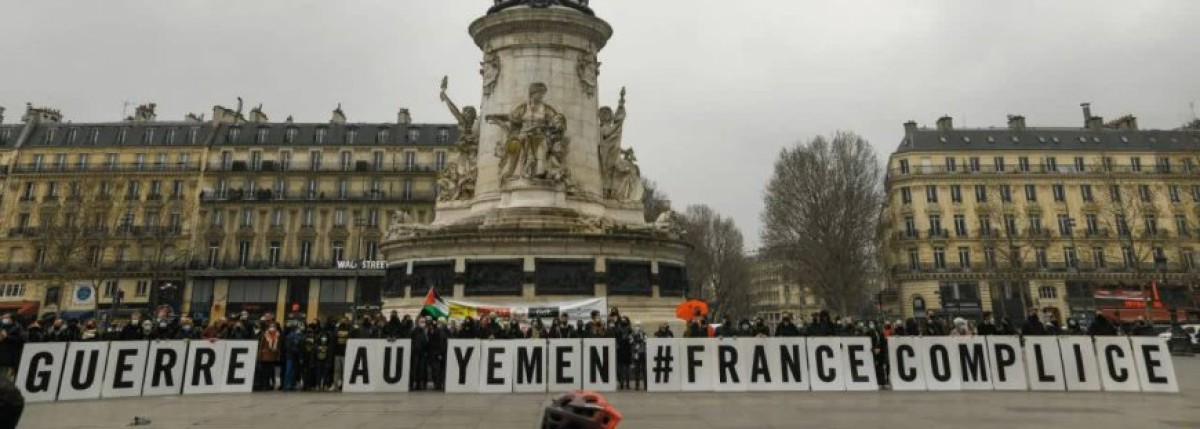 157
157
France's Middle East dilemma: Avoiding entanglement in a dangerous conflict?
France's Middle East dilemma: Avoiding entanglement in a dangerous conflict?
The aftermath of Operation Al-Aqsa Storm, which witnessed a significant setback for the Israeli regime, led to the unleashing of ruthless and indiscriminate assaults on the Gaza Strip. In the face of this aggression, the Yemeni resistance, in a brave act of defiance, stood up for the Palestinian people by effectively blocking the Red Sea for vessels destined for Israeli ports. As a consequence, Yemen has ascended to a position of strategic importance on both the regional and international stages.
In the past few days, tensions in the Middle East have intensified as ships en route to the Israeli port of Eilat have faced a Yemeni blockade. In response, the United States has established a naval coalition aimed at preventing attacks by the Yemeni army and ensuring the security of Israeli maritime activities in the Red Sea, particularly in the Straits of Bab-el-Mandeb and the Gulf of Aden. This US-led coalition claimed to include Canada, France, Italy, the Netherlands, Norway, Bahrain, and Spain, with the primary focus being to protect Israeli ships in the Red Sea.
Nevertheless, France, a key player in the international arena, unexpectedly declined to join this coalition. The French Ministry of Defense announced its support for the so-called efforts to secure the Red Sea and its surrounding areas while expressing a desire to keep the French Navy out of the ongoing crisis.
Paris’ decision not to abstain from participating in attacks on Yemen reflects a nuanced approach to the escalating conflict in the Middle East. A French official who spoke on condition of anonymity cited concerns that aligning with the United States-led attacks could jeopardize France's diplomatic leverage in current negotiations aimed at easing tensions between Hezbollah and the Israeli regime.
The indications of disagreement on the part of the French public towards US warmongering cannot be ignored, as the streets of France have teemed with protestors condemning Israel's war crimes. Several French politicians have also voiced their concerns regarding the heightened tensions in the region. For instance, Thomas Portes, a MP from the left-wing party "La France Insoumise," slammed Washington’s unwavering support for Israeli atrocities. Similarly, Jean-Luc Mélenchon, the leader of "La France Insoumi, issued a warning about the perils of an all-out war in the region following the US attacks in Yemen. Mr. Mélenchon emphasized that the crisis in the Red Sea has been exacerbated by the ongoing Israeli war on Gaza, saying, "We are witnessing the spread of war in a region already fraught with mounting tensions."
France, as a long-standing ally of the United States and a staunch supporter of the Israeli regime, has been known for its support for Tel Aviv. However, recent developments, particularly in the Red Sea, coupled with statements concerning the volatile situation in southern Lebanon, suggest Élysée’s reluctance to embroil itself in a dangerous conflict, potentially diminishing its influence in the region. It is crucial to acknowledge the role of popular protests and the warnings issued by certain French politicians in shaping France's current stance.
The absence of France in the US-led coalition against Yemen underscores the delicate balance of power and the intricate web of alliances within the Middle East. As tensions persist and the specter of a full-scale war looms, the economic and financial repercussions of a war in the Middle East for France cannot be underestimated. It remains to be seen how Paris will navigate this complex geopolitical landscape, avoiding entanglement in the region's escalating conflicts.
 157
157
Comment
Post a comment for this article